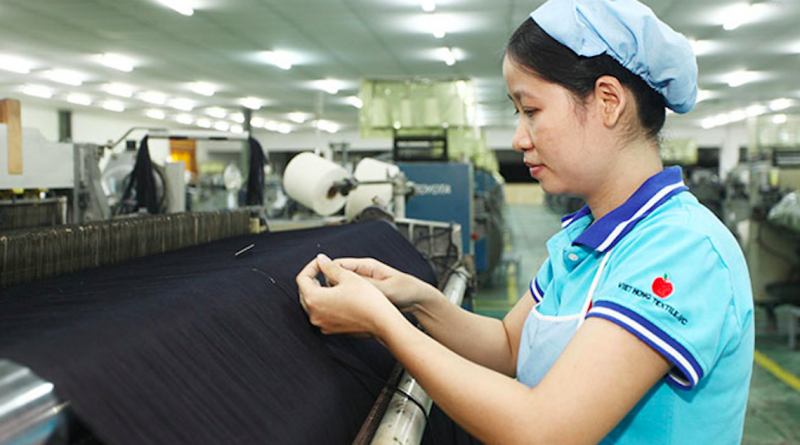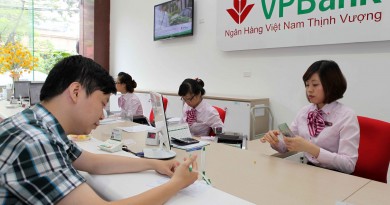Vietnam to sign TPP in February 2016
Vietnam is going to sign the Trans-Pacific Partnership (TPP) this coming February, just as Vietnamese negotiators previously agreed with counterparts from the 11 remaining members of the trade pact.
In the 14th plenary meeting of Vietnam’s Party Central Committee concluded on January 13, it was decided that the Vietnamese negotiators would, together with other TPP countries, complete procedures to sign the pact officially at the beginning of next month, specifically, on February 4.
The committee said that the commitments of the TPP would make competition tougher for Vietnamese companies, especially those in agriculture, and that many companies, especially those that are behind in terms of technology, may die out.
When joining the TPP, Vietnam is going to have to change some laws and regulations governing trade, customs, investment, public procurement, intellectual property and labour.
The Trans-Pacific Partnership is essentially a comprehensive regional agreement that promotes economic integration to liberalise trade and investment by eliminating tariffs on many products.
In October last year, the 12 member countries – Australia, Brunei, Canada, Chile, Japan, Malaysia, Mexico, New Zealand, Peru, Singapore, Vietnam and the US – finalised the trade deal after five years of negotiations.
In November 2015 leaders of the member nations decided to sign the deal on February 4, 2016 in New Zealand and signatories’ respective legislatures would have two years to ratify it.
A report by the World Bank released in December 2015 said that in the short term Vietnam would not be able to take advantage of the TPP to expand its export market because the country heavily relies on imported raw materials. For example, in garment and textile production, around 60-90 per cent of fibre was imported from China and Taiwan; thus, a large proportion of Vietnamese exports will not meet TPP’s regulations on origin in order qualify for a tariff cut, according to the report.
One of the concerns regarding Vietnam’s joining the agreement is that the elimination of tariff, and by consequence the competition from foreign companies, would mean a lot of difficulties for domestic enterprises, as Vietnam’s capacity to apply technical barriers is low.
Source: Vir










